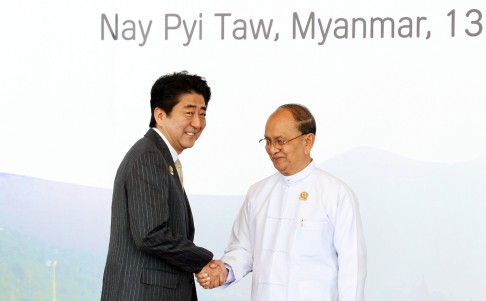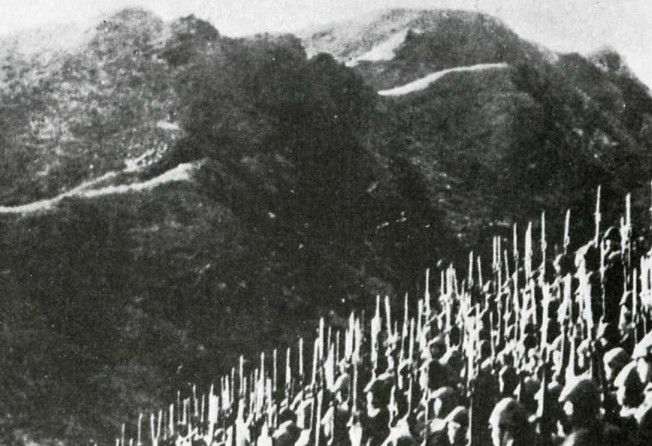
Teams from Japan to search Myanmar for remains of second world war soldiers
137,000 died in what was then known as Burma in conflict

Teams from Japan will fan out in the jungles of Myanmar in search of the remains of Japanese troops killed in the latter stages of the second world war.
Amid ongoing political reform, the government of Myanmar has granted Japan permission to carry out the first large-scale investigation in more than three decades.
An estimated 137,000 Japanese troops died in what was then known as Burma during the conflict, with the remains of 46,000 still listed as missing.
"We will be carrying out a series of investigations and recovery efforts for troops killed in the fighting, with the first phase to start before the end of this fiscal year," a spokesman for the Ministry of Health, Labour and Welfare said. "The search and recovery work will be carried out by teams of experts from the ministry, not private groups, and we have reached this agreement after a request from the government side for access," he added.

The Japanese attack there was designed to create a bridgehead into north-east India but, in some of the most brutal fighting seen in the Asia-Pacific theatre during the war, the Allies blunted the assaults. Without adequate supplies of food, weapons and replacement troops, the Japanese were forced onto the defensive. The battle is considered the turning point in the Burma campaign.
Well over 50,000 Japanese troops were killed or injured in the fighting, with many more succumbing to their wounds or of illness in the retreat.
Other areas that would be targeted, with investigators speaking with local people to determine whether human remains or relics of the fighting had been found, include the Sagaing district and the states of Chin and Kayah, the spokesman said.